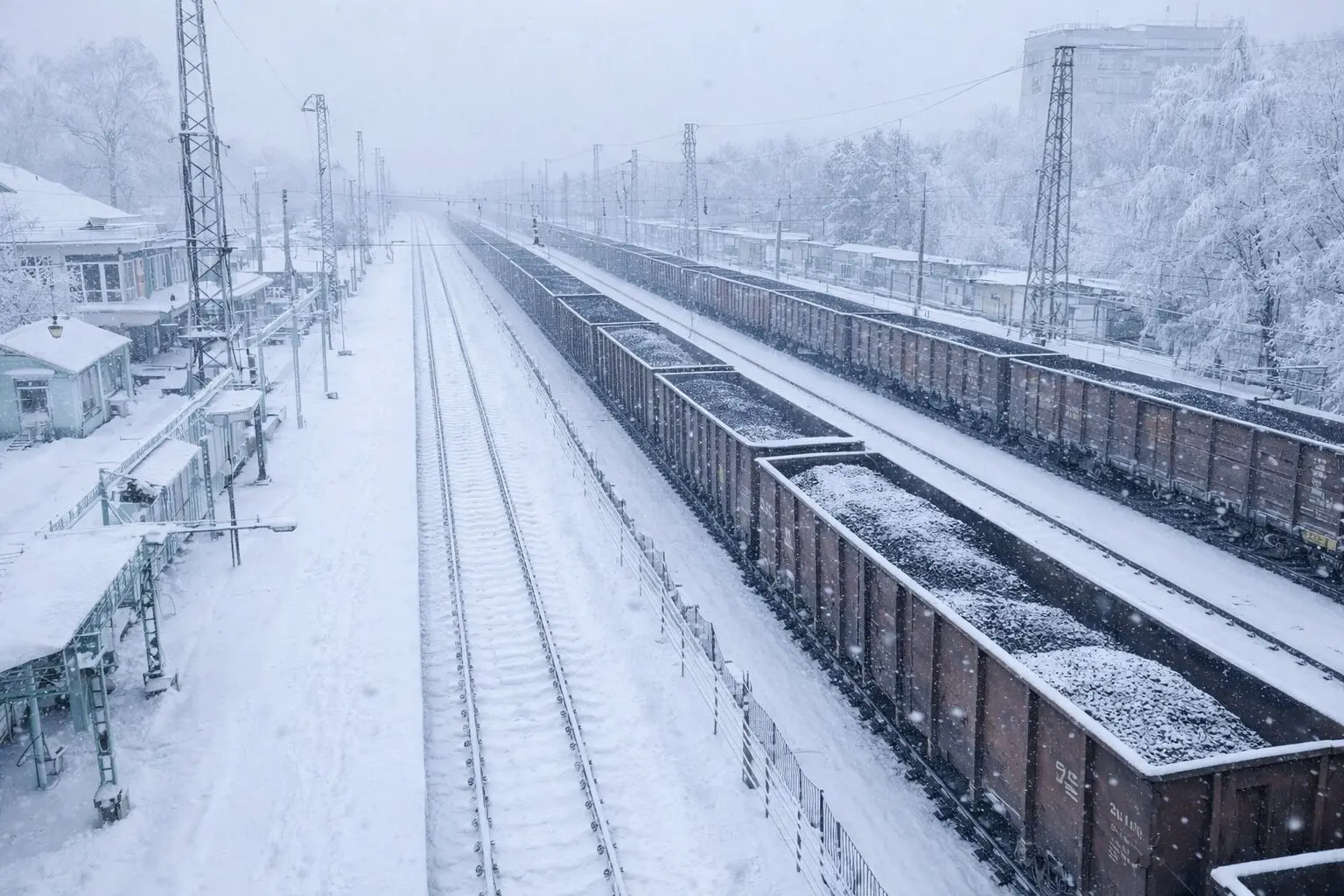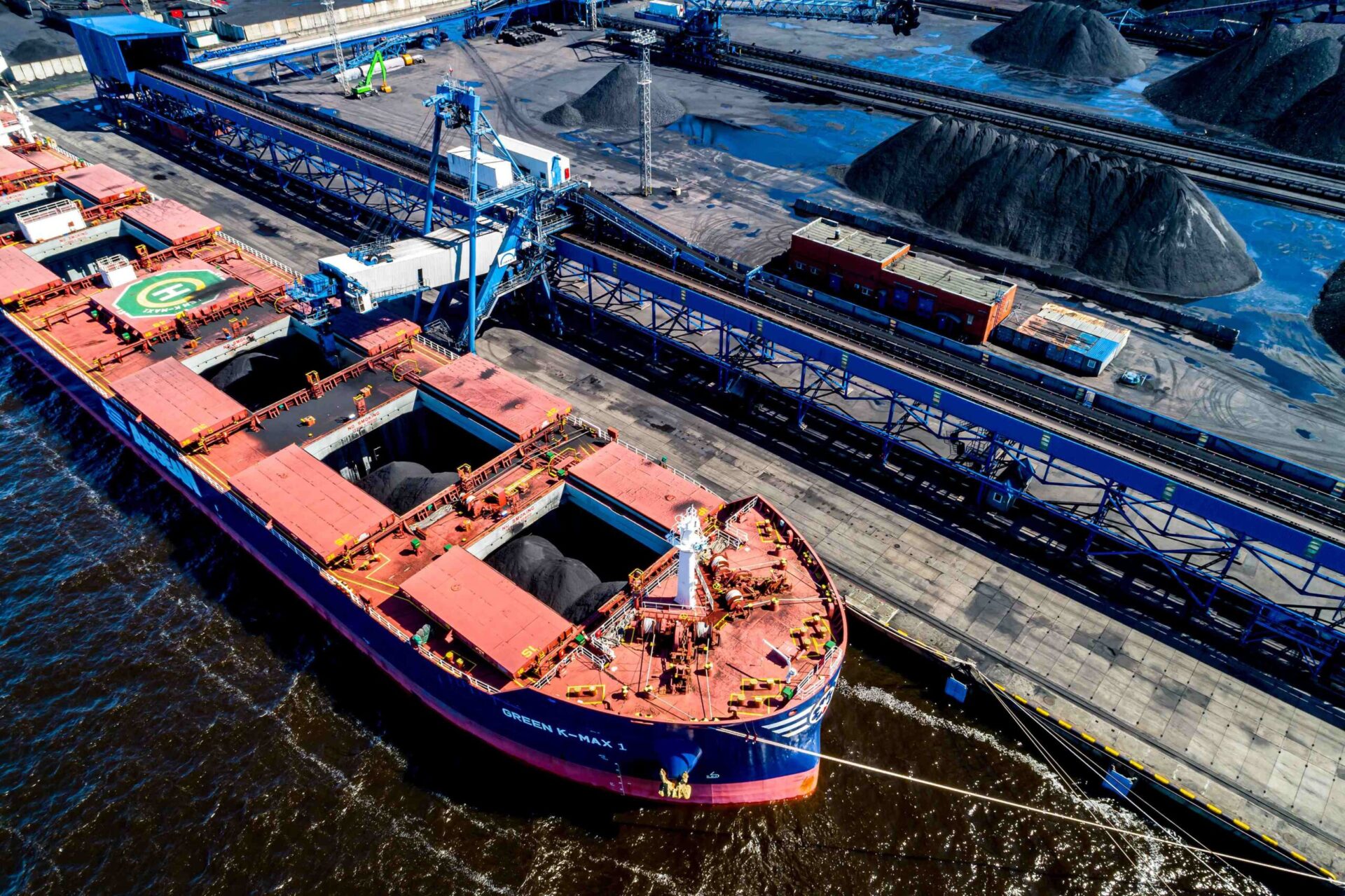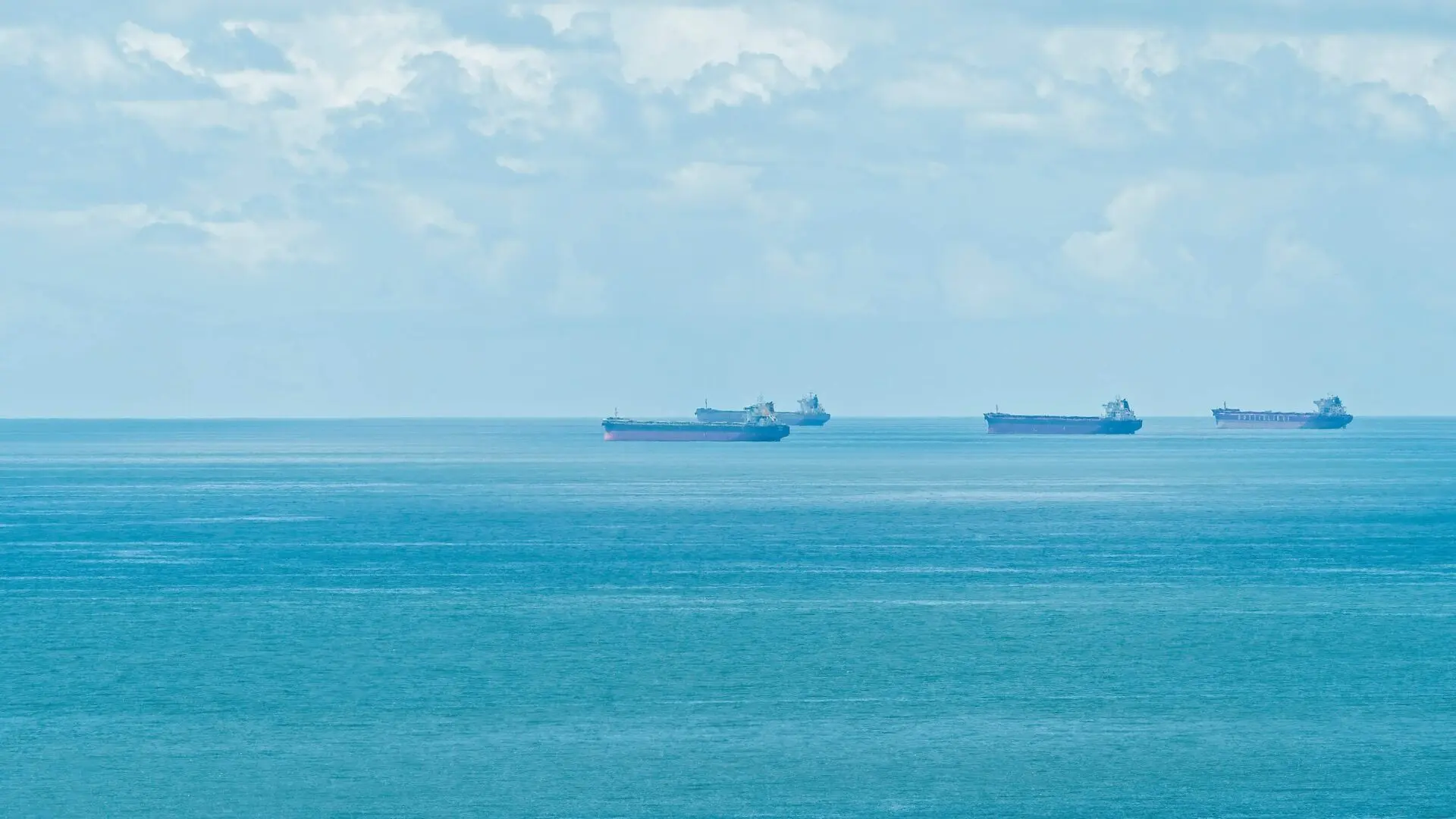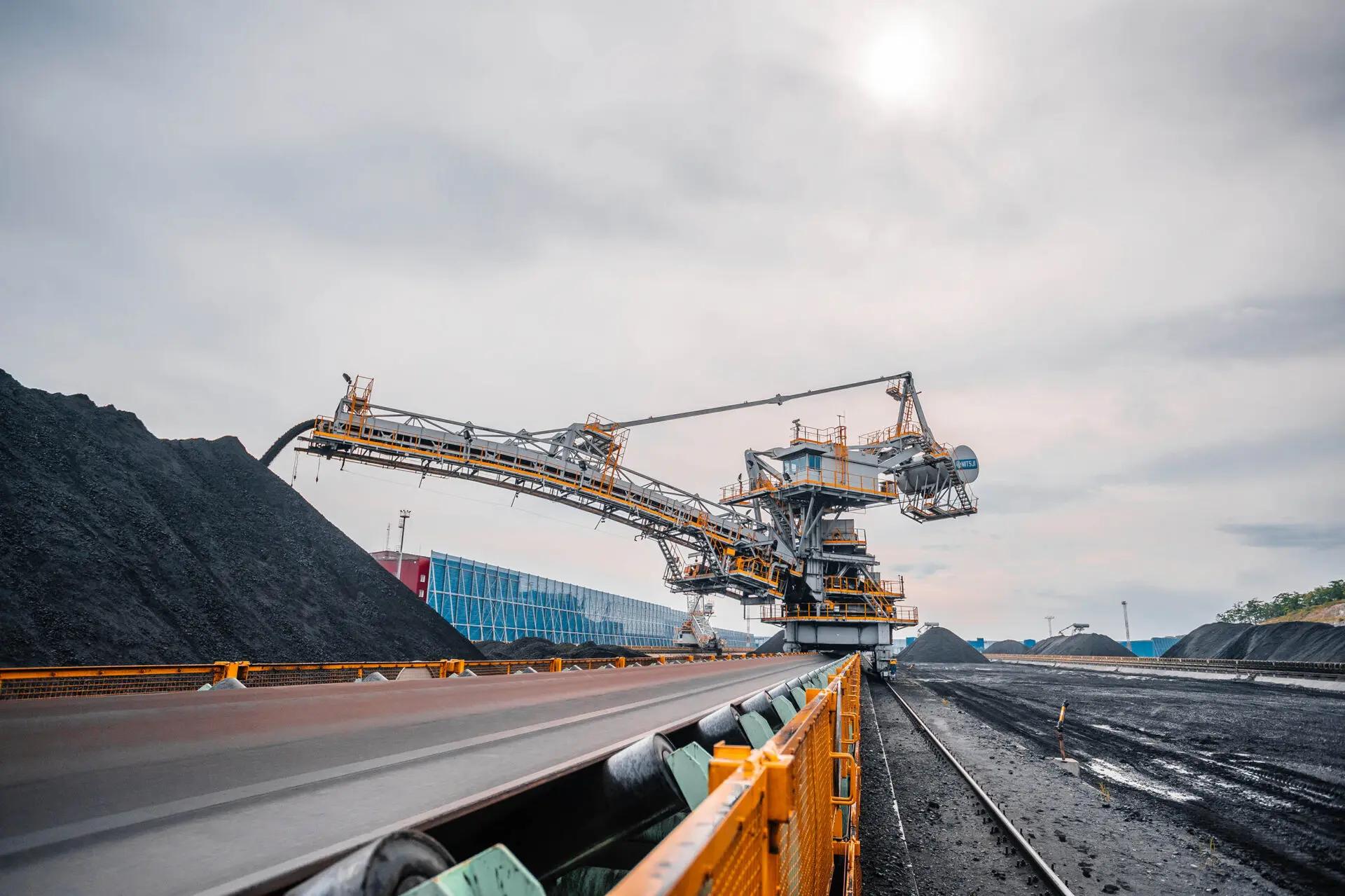
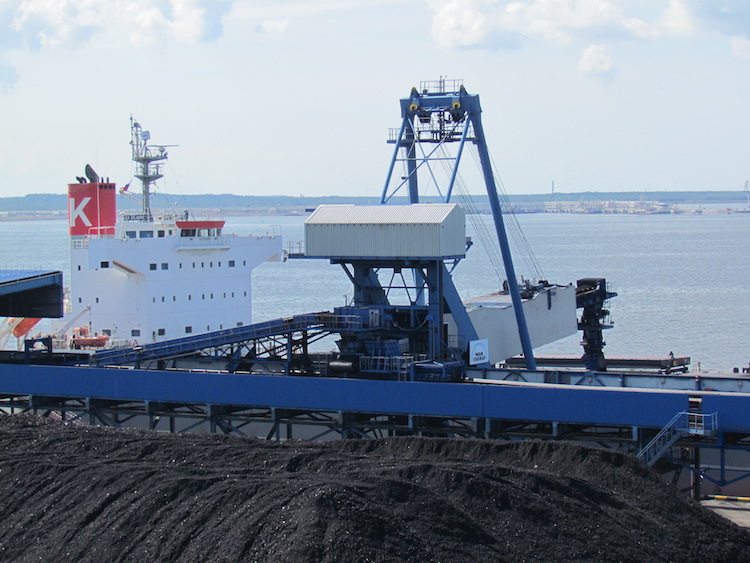
Over the past week, thermal coal indices dropped to 54 USD/t. Risks of a new decline in global electricity demand due to the intensification of the Covid-19 epidemic, a warm autumn in a number of EU countries, as well as growth in wind generation in Europe maintain pressure on coal quotes.
According to Johns Hopkins University, as of October 28, 2020, the number of Covid cases worldwide reached 44 mio people, the number of deaths amounted to 1.2 mio. The United States (8.7 mio), India (7.9 mio) and Brazil (5.4 mio) make top-3 countries with the biggest number of positive Covid cases. A number of European countries declared their readiness to introduce new restrictions amid the spread of the virus.
On October 29, 2020 France went into its second nationwide lockdown which would last until December 01, 2020. According to the Speedwell Weather portal, the average daily temperature in a number of European states will exceed the seasonal norm by 6°C by November 02, 2020 which is not conducive to coal burning at local coal-fired power plants. Windmill generation in the EU increased to 1.806 GWh (+43 GWh or +3% to October 21, 2020), restraining the growth in coal indices. However, the declining EU carbon prices 23.03 euro/t (-2.46 euro/t to October 21, 2020) provide the support to the coal quotes.
Coal handling at the port of ARA for 9 months of 2020 decreased to 11.7 mio t (-5 mio t or -30.3% compared to the same period in 2019). According to experts, apart from the Covid-19 crisis, the fall in coal handling was caused by a surge of renewables in the EU power mix.
A partial recovery in demand of Indian cement companies for South African imported coal supported South African coal prices.
South African buyers are increasing purchases of coal in Botswana due to the higher quality of the material in this country compared to coal from SA.At a recent press conference, CEO of the South African generating company Eskom, Andre de Ruyter, said that the company has made significant progress in reducing its coal bill. For 9 months of 2020, the company spent 120 mio USD on coal (-40 mio USD or -25% to the data for the same period in 2019). Among the reasons for the cost reduction, the company’s CEO pointed out the expiration of expensive short-term supply contracts and tougher position of the company on coal pricing in new contracts with suppliers. Eskom buys about 110 mio t of thermal coal annually.
Limited supplies of Australian coal from New South Wales (Australia), as well as speculations amid news of possible easing of import restrictions in China last week, supported the Australian material indices.
Despite the lack of supply of Indonesian coal due to heavy rains in the country, lowering demand of Chinese enterprises for low-calorific coal from Indonesia weakened the Indonesian coal quotes.
The ban, imposed on the purchase of imported coal from Australia by the Chinese government, makes Chinese buyers ramp-up purchases of coking material from Mongolia, which negatively affected the indices of Australian coking coal.
Source: CAA Analytics
Follow on Twitter:
[tfws username=”CAA_Analytics” height=”700″ width=”350″ theme=”light” color=”#FAB81E” tweets=”2″ header=”yes” footer=”yes” borders=”yes” scrollbar=”yes” background=”yes”]

